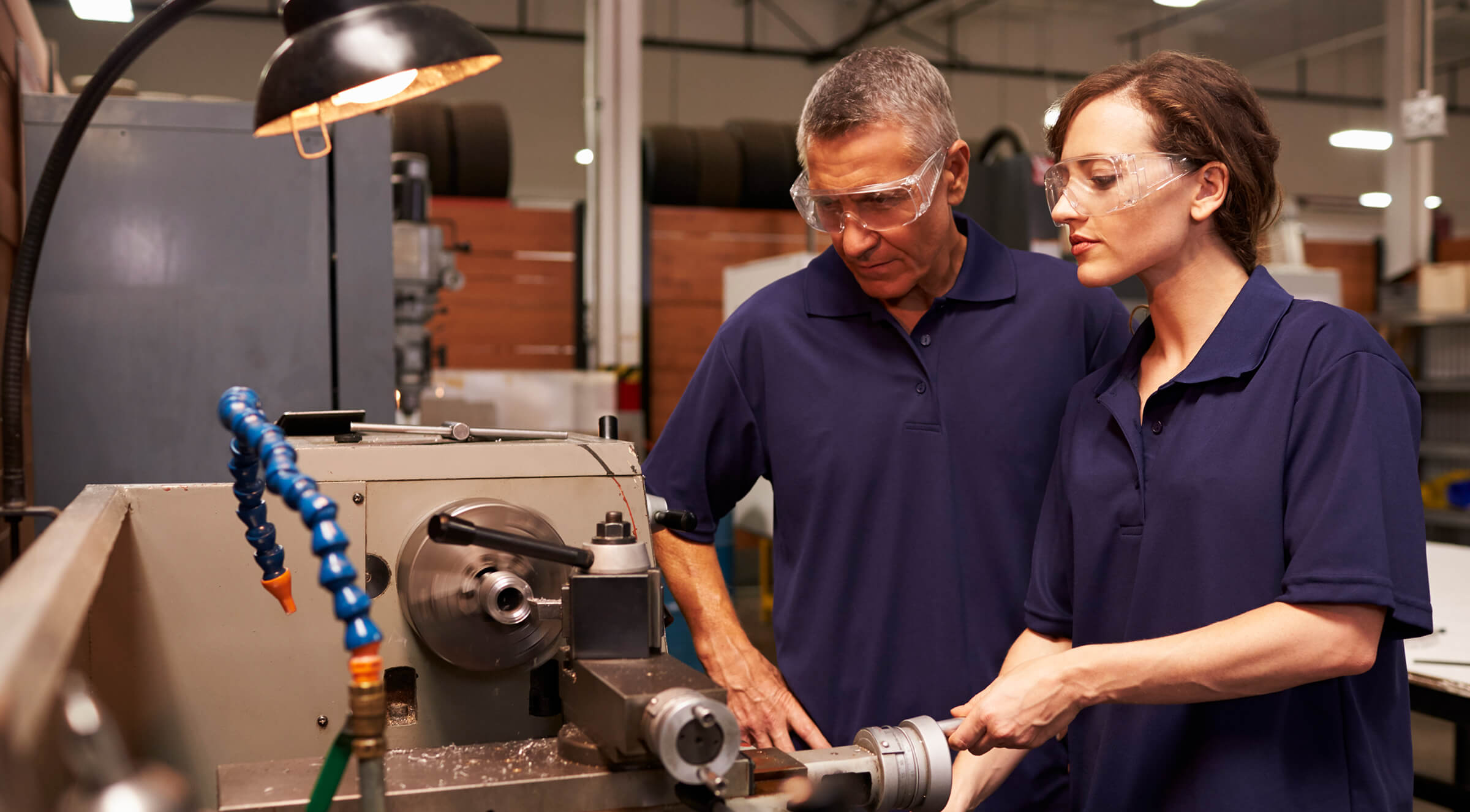Get unique, complex parts easily. No matter your requirements, Chaoyi Spring creates hard-to-produce coil springs and wire forms.
Let us help you create the custom wire form you need, from S-hooks and J-hooks to utility hooks and more.
We work closely with customers across a wide range of industries, helping them design and manufacture made-to-order parts.
Why choose Chaoyi Spring? We prioritize customer-focused collaboration, modern equipment and the latest technology to make your parts per print.
Find the information and guidance you need, from measuring a spring to learning about materials, placing an order and much more.
When it comes to vehicle suspension systems, two popular choices stand out: torsion bars and coil springs. Both offer a unique set of advantages and drawbacks, making the choice between


When it comes to vehicle suspension systems, two popular choices stand out: torsion bars and coil springs. Both offer a unique set of advantages and drawbacks, making the choice between them a matter of personal preference and vehicle application. This article delves into the world of torsion bars and coil springs, exploring their strengths and weaknesses to help you understand which system might be best for your automotive needs. Let's dive in and uncover the secrets of these two popular suspension components!

Imagine a thick, sturdy metal rod that's cleverly designed to twist and flex, absorbing the bumps and jolts of the road. That's the essence of a torsion bar suspension. These solid steel bars are mounted horizontally across the chassis and connected to the wheels via control arms. When the wheel encounters an uneven surface, the torsion bar twists, storing energy and providing a smooth ride. The degree of twist is directly related to the load placed on the suspension, offering a robust and predictable response.
Torsion bars boast several compelling advantages that make them a popular choice for various vehicles:
Coil springs, often seen in everyday cars and SUVs, rely on the familiar coil design to deliver a comfortable ride. These helical springs are attached to the chassis and connected to the wheels via control arms or struts. When a bump is encountered, the coil compresses, absorbing the shock and returning to its original shape, providing a smoother ride experience.
Coil springs are renowned for their comfort and adjustability, making them popular for a wide range of vehicle applications.
While torsion bars have their merits, they also come with certain limitations that are important to consider.
While coil springs offer comfort and adjustability, they also come with some drawbacks to consider.
The choice between torsion bars and coil springs hinges on the intended purpose of the vehicle. For vehicles prioritizing a rugged, durable, and precise driving experience, such as off-road trucks and SUVs, torsion bars offer a compelling advantage. However, if comfort and ride quality are paramount, as in passenger cars and SUVs designed for daily commuting and long journeys, coil springs emerge as the preferred option.
Ultimately, the decision depends on your individual priorities. Consider the type of terrain you'll be driving on, your preference for handling characteristics, and the level of adjustability you desire. Whether you prioritize comfort, durability, or cost-effectiveness, careful consideration of these factors will help you select the suspension system that best suits your needs.
The automotive industry is constantly evolving, and suspension technology is no exception. Advancements in materials science and engineering are leading to lighter, more durable, and more adaptable suspension components. We're likely to see the emergence of new suspension designs that offer a harmonious blend of comfort, handling, and durability. As technology continues to push boundaries, the battle between torsion bars and coil springs may evolve, giving rise to innovative and highly efficient suspension solutions for the future.
So, whether you're a seasoned off-road enthusiast or a casual commuter, understanding the intricacies of torsion bars and coil springs is key to choosing the right suspension system for your vehicle. Ultimately, the best system is the one that best meets your specific needs and driving preferences. Embrace the journey of suspension exploration and find the perfect balance between comfort, performance, and durability!
Browse some of the custom wire forms and springs that we manufacture. Don’t see what you need? We specialize in made-to-order products that meet your application requirements.
Visit Our GalleryNeed a custom wire form or coil spring? We make it work. Fill out the contact form and a representative will respond within 1 business day. If you have a PDF or CAD file, you can submit to request a quote.